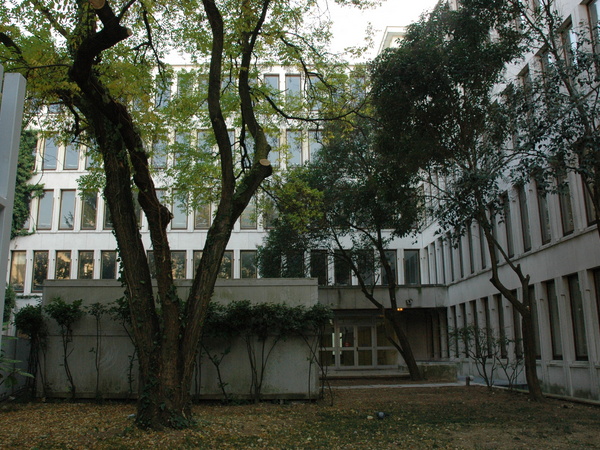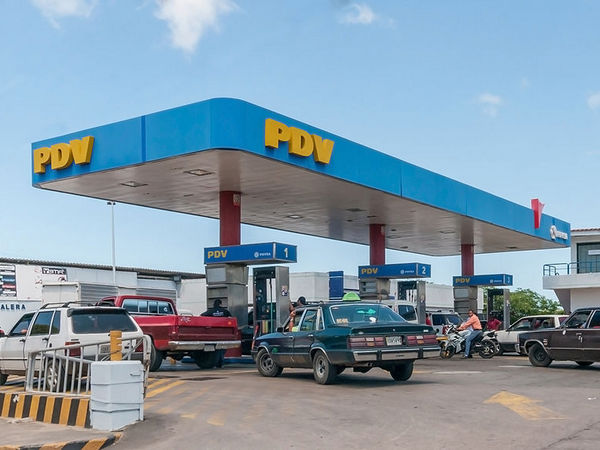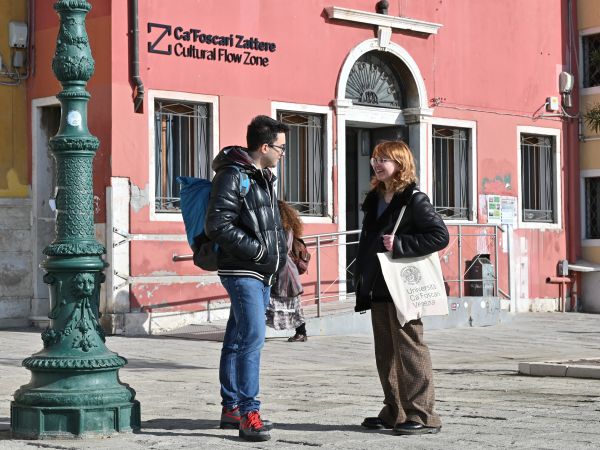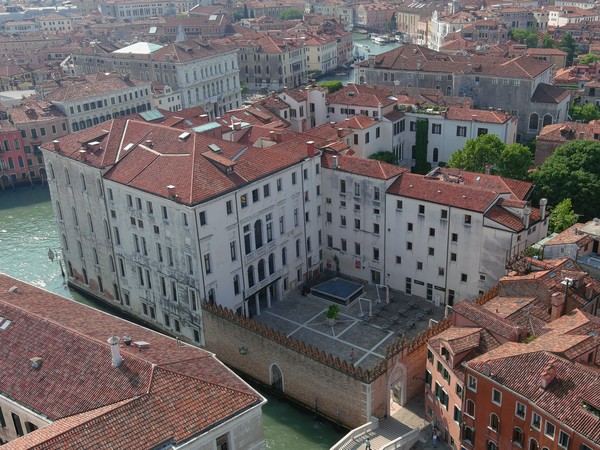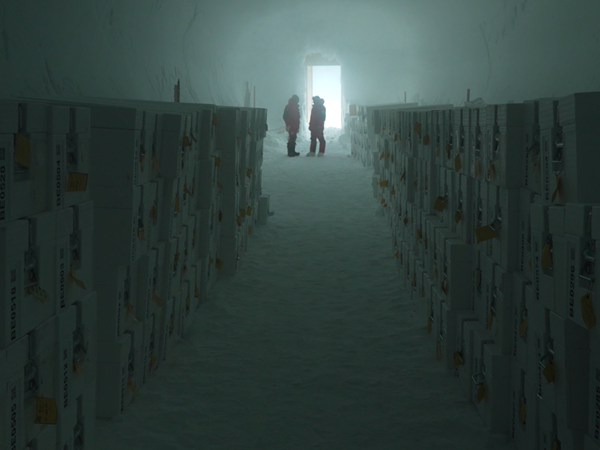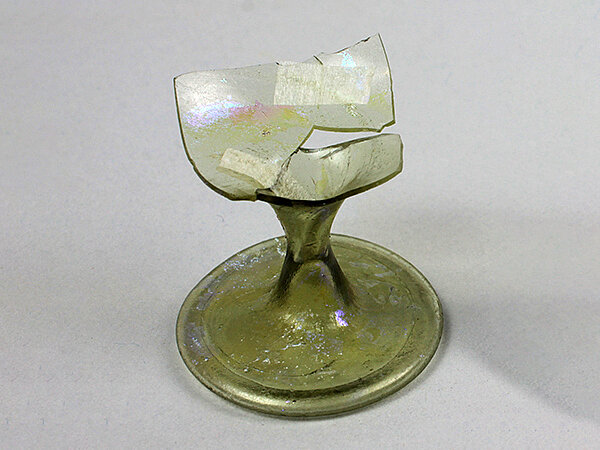Ca’ Foscari researcher Kassa Belay Ibrahim among winners of the SAFE Fellowship supporting outstanding scholars from crisis-affected countries

In a world marked by uncertainty and conflict, providing new opportunities to brilliant minds from crisis-affected regions is more important than ever.
This is the core aim of SAFE, a project funded by the European Union through the Marie Skłodowska-Curie Actions. It supports non-European researchers who have been forced to leave their home countries or who find themselves in dangerous situations due to war, political persecution or instability in their region of origin. The initiative offers these researchers a safe study and work environment, enabling them to continue their academic careers in Europe.
Ca’ Foscari University of Venice selected the project submitted by Kassa Belay Ibrahim, a researcher and lecturer in the Department of Molecular Sciences and Nanosystems, through an internal call. His proposal was among the final winners of the SAFE Fellowship, which received 356 applications from across Europe.
With a total budget of €12 million, SAFE will support 56 researchers—12 PhD candidates and 44 postdoctoral researchers—offering them the opportunity to work at universities or research centres throughout the EU for a duration of 12 to 24 months, with both financial and logistical assistance.
Dr Kassa Belay Ibrahim’s research focuses on developing new transition-metal-based nanomaterials, such as those containing nickel, copper, manganese, and iron, to improve the efficiency of clean energy production. His work has two main areas of application: hydrogen generation through water splitting (HER and OER) and solar energy enhancement.
Specifically, his study explores nanomaterials with varying dimensionalities, ranging from zero-dimensional (0D) to two-dimensional (2D), which are designed to be excellent conductors and catalysts. In parallel, he also utilizes carbon dots, luminescent materials for luminescent solar concentrators, which capture sunlight and convert it to energy
Dr. Kassa Belay Ibrahim is part of the Nano4GEA research group (https://www.nano4gea.com/), led by Professors Elisa Moretti and Alberto Vomiero in the Department of Molecular Sciences and Nanosystems. “We are honoured to have Kassa in our research group. He is not only an outstanding researcher who has already made significant contributions to our group’s activities through competitive projects and high-impact scientific publications, but also a valued individual who devotes himself passionately to mentoring students and young researchers. He plays a key role in creating the positive and collaborative atmosphere we enjoy at Nano4GEA,” say Professors Moretti and Vomiero.
Kassa is originally from Tigray, Ethiopia, a region devastated by a bloody civil war between the Federal Government and the Tigray People’s Liberation Front (TPLF). The conflict was one of the deadliest in recent history, claiming over 600,000 lives. Although the war formally ended in November 2022, tensions in the area remain high. According to the latest UNHCR report, there are currently 1.9 million internally displaced people in Ethiopia, most of them due to conflict.
“The last three or four years have been particularly terrible, and it had become impossible to live and work in Ethiopia,” says Dr. Kassa Belay Ibrahim. “That’s why I moved here with my family. Sadly, the future of my country remains uncertain, as the conflict is not yet fully resolved. I believe institutions could do a lot more to support researchers and academics coming from high-risk areas by promoting opportunities like the SAFE Fellowship and other funding programmes. To those living through similar experiences, I would say: do not lose hope. Keep working hard and try to turn every challenge into an opportunity.”
Dr. Kassa Belay Ibrahim’s academic career began in Ethiopia. After earning a degree in Chemistry in 2009 from Debre Markos University, where he ranked among the top students, he received a scholarship that allowed him to complete a Master’s in Analytical Chemistry at Haramaya University in 2012. He then taught for three years in the Chemistry Department at Adigrat University.
In 2015, he embarked on an international path by pursuing a PhD in Applied Sciences and Materials Engineering at the National Taiwan University of Science and Technology, specialising in Nanoscience. He later returned to Adigrat University for a year as an Assistant Professor in Materials Science at Master’s level.
Forced to leave Ethiopia due to the conflict, between 2019 and 2021, he held a postdoctoral position at Academia Sinica and the National Taiwan University. During this time, he specialised in advanced synchrotron-based techniques for energy-related applications, particularly hydrogen production through water splitting and cathode materials in lithium-ion and zinc-ion batteries.
In 2021, his research interests led him to Ca’ Foscari’s Department of Molecular Sciences and Nanosystems, where he currently works as a Type A Fixed-term Researcher. Alongside his SAFE-funded project, he teaches Nanotechnology and Surface/Interface Analysis to Master's and PhD students.

